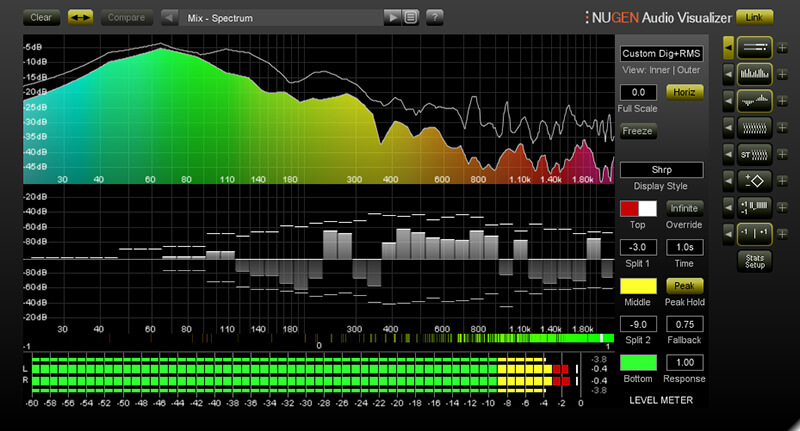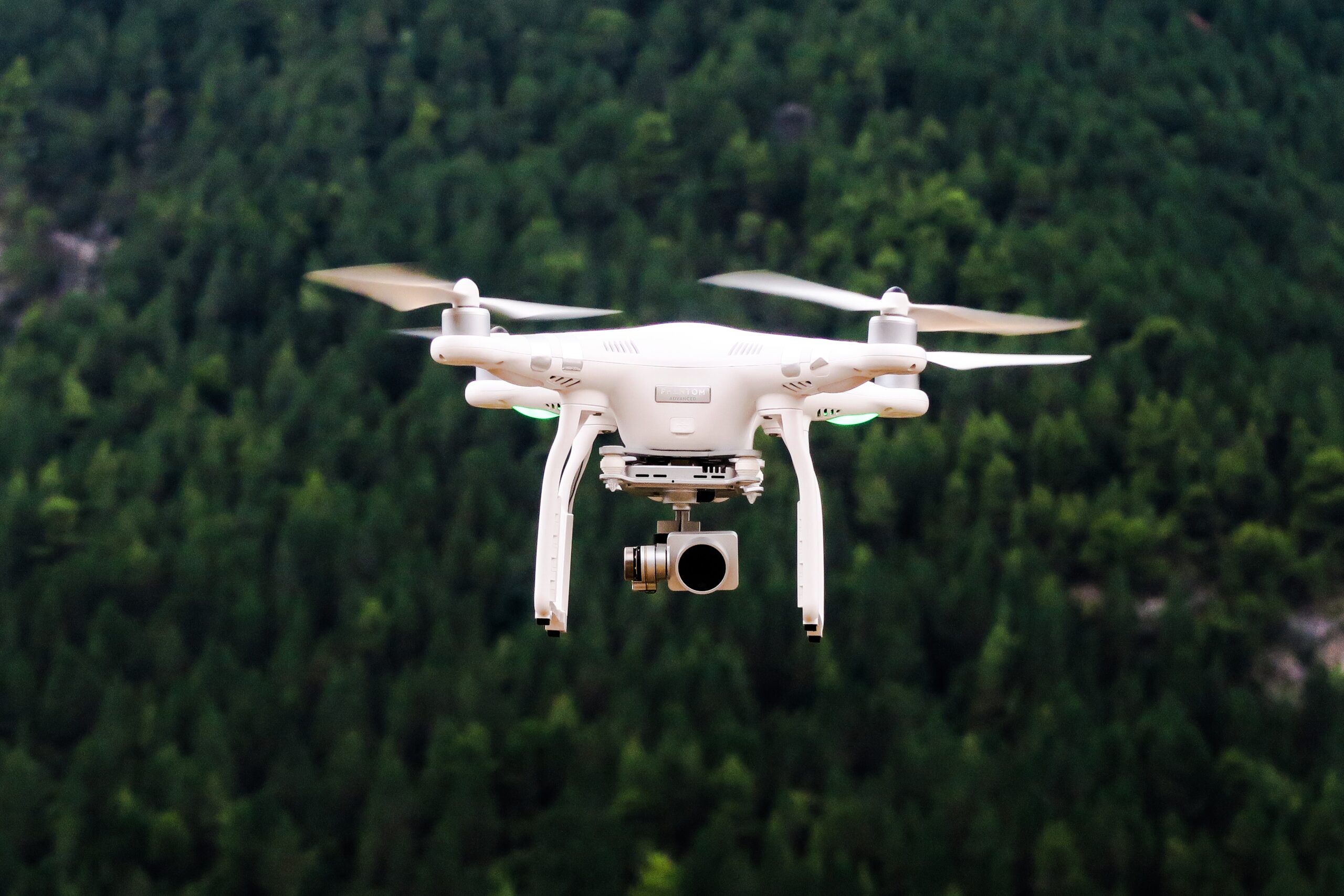- Introduction: Understanding the Role of Audio Forensics
- The History of Audio Forensics: From Early Beginnings to the Present Day
- The Science Behind Audio Forensics: Principles, Techniques, and Tools
- Applications of Audio Forensics: Solving Crimes, Legal Proceedings, and More
- Challenges and Limitations of Audio Forensics: Issues, Controversies, and Future Directions
- Conclusion: The Importance of Audio Forensics in Modern Society
Introduction: Understanding the Role of Audio Forensics
Audio Forensics is a field that has gained increasing importance in recent years. It involves the scientific analysis of audio recordings to extract valuable information that can be used in legal proceedings, solving crimes, and more. Essentially, audio forensics deals with the authentication, enhancement, and interpretation of audio recordings. In this article, we will explore the history, science, applications, challenges, and limitations of audio forensics, and why this field is crucial in today’s world.
The History of Audio Forensics: From Early Beginnings to the Present Day
Audio forensics has its roots in the early 20th century, when sound recordings became a popular medium for documenting events and preserving evidence. The first audio forensic analysis was performed in a court case in 1948, where a wire recording was used as evidence. Since then, audio forensics has evolved significantly, with the development of new technologies and techniques. Today, audio forensics software is used in a wide range of applications, including criminal investigations, civil litigation, and even intelligence gathering.
The Science Behind Audio Forensics: Principles, Techniques, and Tools
Audio forensics relies on a combination of scientific principles, techniques, and tools to analyze and interpret audio recordings. Some of the key techniques used in audio forensics include noise reduction, signal processing, and voice identification. Additionally, specialized tools such as spectrograms, audio analyzers, and waveform editors are used to analyze audio recordings in greater detail. These techniques and tools are often used in combination to provide a comprehensive analysis of audio recordings.
Applications of Audio Forensics: Solving Crimes, Legal Proceedings, and More
Audio forensics has numerous applications in the legal field, including criminal investigations, civil litigation, and intellectual property disputes. For example, audio forensics can be used to analyze recordings of phone conversations, voicemails, and even background noise to identify speakers and determine the authenticity of recordings. Audio forensics can also be used to enhance audio recordings that are of poor quality, making them more intelligible and easier to understand.
Challenges and Limitations of Audio Forensics: Issues, Controversies, and Future Directions
While audio forensics has proven to be a valuable tool in many applications, there are also several challenges and limitations to this field. One of the biggest challenges is the lack of standardization in techniques and methodologies, which can lead to inconsistencies in analysis and interpretation. Additionally, there are often legal and ethical issues surrounding the use of audio recordings as evidence, which can create controversies in court cases. Despite these challenges, the future of audio forensics looks promising, with continued advances in technology and techniques.
Conclusion: The Importance of Audio Forensics in Modern Society
Audio forensics plays a critical role in modern society, providing valuable information for legal proceedings, solving crimes, and more. As technology continues to advance, so too will the field of audio forensics, creating new opportunities and challenges for forensic analysts and investigators. The importance of audio forensics cannot be overstated, and its impact will continue to be felt for years to come.





